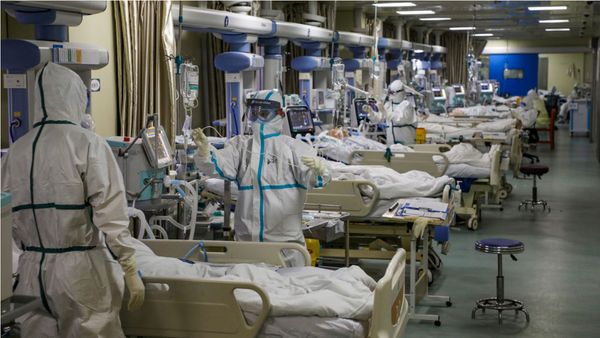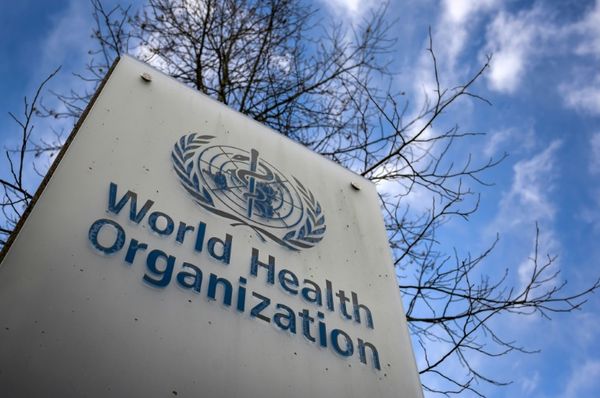Chicago-area public transit faces a crisis when federal COVID-19 dollars run out in two years, forcing transit agencies struggling with reduced ridership to make major service cuts.
With this fiscal cliff looming, regional leaders tasked with saving public transit sent a set of policy recommendations to state lawmakers Thursday.
Lawmakers now face politically tough choices to raise $1.5 billion in new funding and implement sweeping organizational reforms recommended by the report, called the Plan of Action for Regional Transit.
They must consider new taxes, consolidating the four regional transit agencies under one board and changing fee structures, according to the 130-page report prepared by the Chicago Metropolitan Agency for Planning at the behest of the General Assembly.
Lawmakers know how difficult it will be to turn the recommendations into reality.
“I think anytime you do something this transformational... you’re gonna have some difficulties in convincing people to make significant change,” state Rep. Eva-Dina Delgado said at a news conference announcing the plan was sent to Springfield. The plan was approved in October by CMAP and the Metropolitan Planning Organization Policy Committee.

Delgado and state Sen. Ram Villivalam, both Chicago Democrats, say they will begin drafting a bill while holding a series of public hearings across the state next year.
They hope to have a transit bill passed by 2026, when federal COVID-19 dollars run out and Chicago-area transit agencies will face a combined $730 million deficit.
Cook County Board President Toni Preckwinkle praised parts of the plan, including the recommendation to expand discounted rides for low-income users.
The state must also increase transit funding before losing pandemic funds, which account for about 20% of transit agencies’ budgets, she said.
“This could be a real harm to our region, with our many people, often Black and Brown people, for whom transit is a lifeline. But it would harm our entire region by increasing congestion on our roads and pollution in our air,” Preckwinkle said.
The boards of the region’s transit agencies — Chicago Transit Authority, Metra, PACE and the Regional Transit Authority — must be consolidated, Preckwinkle said. Together, they have 47 board members appointed by 21 elected officials.
“That means that everyone and no one is responsible,” she said.
The state also needs to reconsider the motor fuel tax, which dwindles by the day as more people make the switch to electric cars.
The report also calls for making it easier for transit agencies to raise money with automatic or periodic inflation adjustments.
That price tag may fall short of what’s needed to bolster public transit, said Richard Harnish, head of High Speed Rail Alliance, a Chicago-based transportation advocacy group.
He criticized the report for focusing on just Chicago and the collar counties when “there’s real needs for better transit across the state.”
Villivalam compared the funding crisis to an iceberg at sea. But unlike the Titanic, lawmakers see the iceberg coming from far away.
“We have a lot of time to prepare ourselves for this moment,” Villivalam said.







